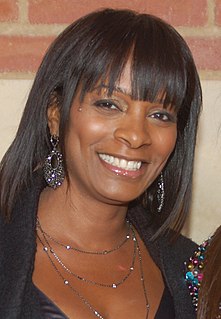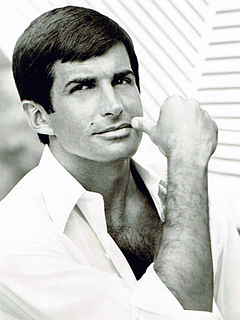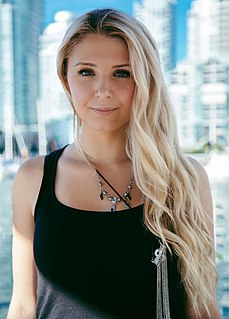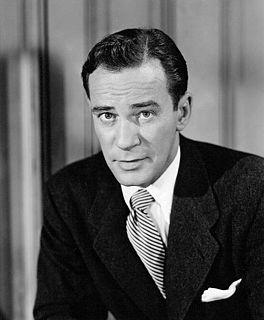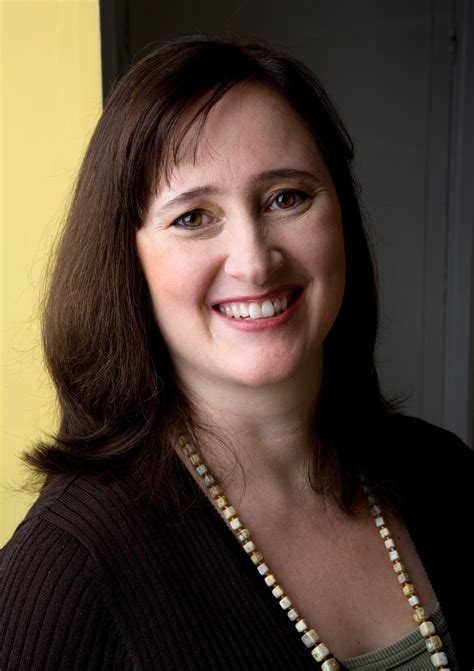A Quote by George Monbiot
So, if you don’t fit in, if you feel at odds with the world, if your identity is troubled and frayed, if you feel lost and ashamed - it could be because you have retained the human values you were supposed to have discarded. You are a deviant. Be proud.
Related Quotes
God has created you and be proud of it. Don't hide from your age. Don't lie about it. Don't be ashamed of it and don't let nobody make you feel ashamed because you're aging in the world. It's a privilege. God has blessed you. Michael Jackson, Prince, Whitney, they'll never know what it's like to be 60. They'll never know that.
Entertainment was transportation. You were supposed to take somebody out of their seat and bring them back in. You’re not supposed to impose your values or your supposed knowledge to manipulate or control people. That was not your job. You were not supposed to use the bully pulpit of Hollywood to pound people with ideas. You’re there to entertain.
I've never known a writer who didn't feel ill at ease in the world. We all feel unhoused in some sense. That's part of why we write. We feel we don't fit in, that this world is not our world, that though we may move in it, we're not of it. You don't need to write a novel if you feel at home in the world.
As a woman who doesn't necessarily fit the beauty standard in Hollywood... I really related to the narrative of looking for something you felt comfortable in that would properly express your identity, especially when your identity didn't feel like it necessarily matched the one that was being imposed on you.
It's not the job of this town to make me feel happy. It's not this town´s fault that I don't feel I fit in. It doesn't matter where you are in the world, because it's about where you are in your head. It's about the other world I inhabit. The world of dreams, hope, imagination, and memories. I'm happy up here, and because of that I'm happy up there too
If, however, you take a moment to observe how you actually feel immediately after you criticise someone, you'll notice that you will feel a little deflated and ashamed, almost like you're the one who has been attacked. The reason this is true is that when we criticise, it's a statement to the world and to ourselves, "I have a need to be critical." This isn't something we are usually proud to admit.
The sovereign voluntary path to cheerfulness, if our spontaneous cheerfulness be lost, is to sit up cheerfully, to look round cheerfully, and to act and speak as if cheerfulness were already there. If such conduct does not make you soon feel cheerful, nothing else on that occasion can. So to feel brave, act as if we were brave, use all our will to that end, and a courage-fit will very likely replace the fit of fear.
I couldn't meet his gaze. I stared at the table just behind him--the mess of cards on it, the lantern giving off its quiet glow. "When you gave me your shirt to wear that night, I could feel you. I could feel your essence." The world went still. We were standing only inches from each other, not touching. Outside, I could hear the faint murmur of the wind blowing through the trees. "What did it feel like?" he asked in a low voice. "Like...coming home," I admitted.

